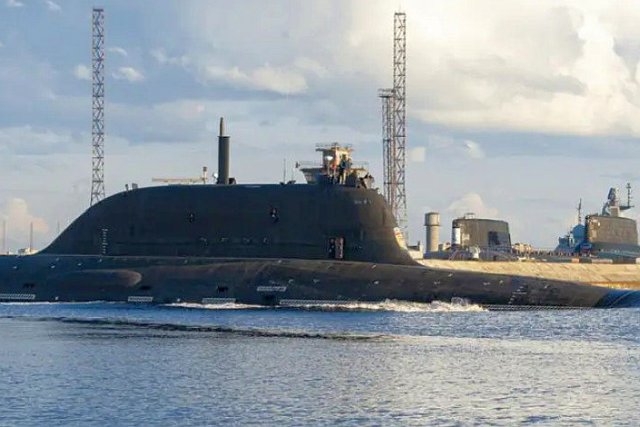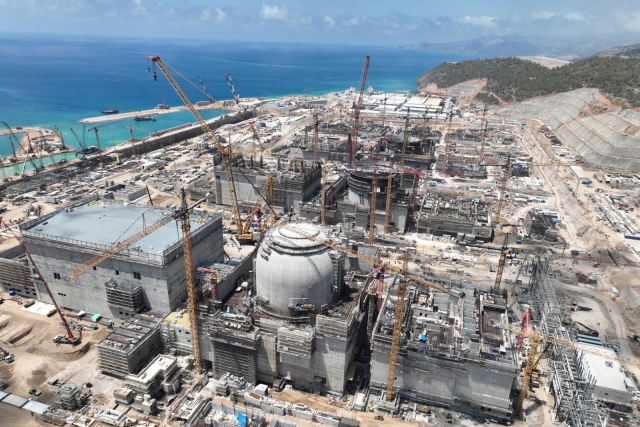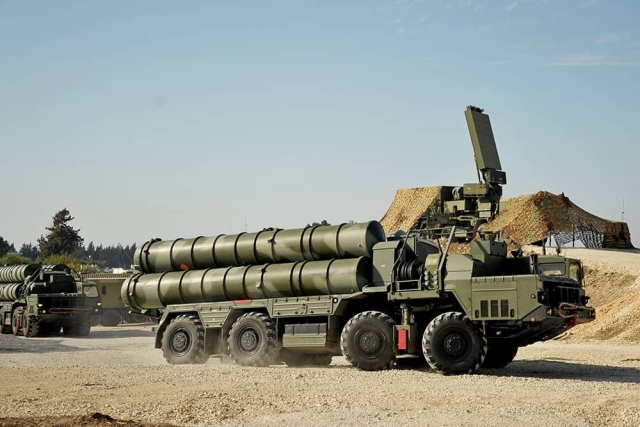Leonardo, Enel, Ansaldo Energia Set Up Nuclear Energy Firm Nuclitalia
New company will focus on studying nuclear technologies including Small Modular Reactors for Italy’s energy future

Enel, Ansaldo Energia and Leonardo have formally established a new joint venture called Nuclitalia, which will focus on researching and analyzing next-generation nuclear technologies.
The agreement was signed on May 14, marking a joint step toward reintroducing nuclear energy into Italy’s long-term energy strategy.
The new company, formed as a limited liability company (S.r.l.), is structured with Enel holding a majority stake of 51%, followed by Ansaldo Energia with 39%, and Leonardo with 10%.
Nuclitalia will concentrate initially on evaluating advanced nuclear designs, especially water-cooled Small Modular Reactors (SMRs), which are gaining global interest due to their scalable size, lower investment cost, and safety features. The firm will assess their technological maturity and compatibility with Italy’s specific energy infrastructure.
In a joint statement, the companies said Nuclitalia will also explore industrial partnerships and potential co-design opportunities, guided by principles of innovation, sustainability, and strengthening the national supply chain.
The board of directors for Nuclitalia has been announced with Ferruccio Resta, former rector of Politecnico di Milano, appointed as chairman. Luca Mastrantonio, who leads Enel's Nuclear Innovation unit, will serve as CEO. The board is completed by five other members drawn from the three founding companies, chosen for their technical expertise and experience in the energy and defense sectors.
A technical committee will also be created in the coming weeks to support the company’s analysis and development work.
Because Enel, Ansaldo Energia, and Leonardo all fall under the control of Italy’s Ministry of Economy and Finance, the deal is classified as a related-party transaction. For Enel, it was assessed as one of “minor importance.” The company’s Related Parties Committee issued a favorable opinion, confirming the transaction was in Enel’s interest and met standards of fairness. Leonardo treated the transaction as a “Small Amount” case under its own related-party procedures and was exempt from additional regulatory requirements.














